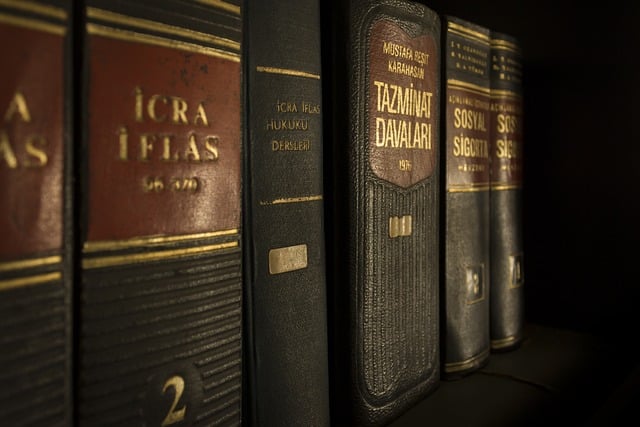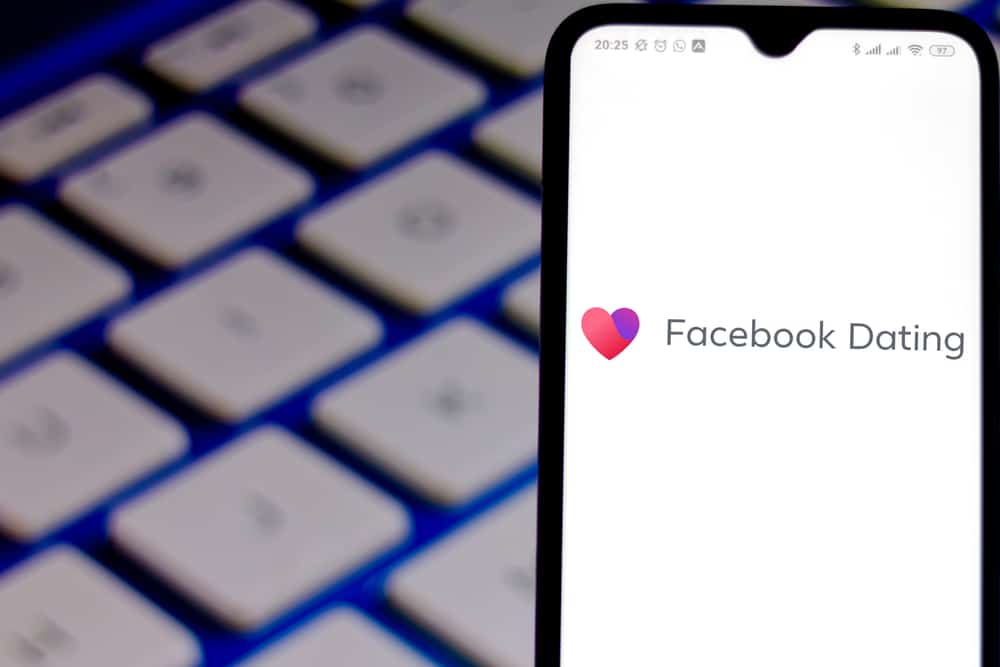6 States With Strange Public Records Laws
Michelle Wilson - August 9, 2019

By now we have all at least heard of the Freedom of Information Act (FOIA). The FOIA law focuses on public records that are in the hands of federal agencies. It does not however, grant anyone rights to access the records that are in the hands of courts, congress or local government agencies. There are laws that run parallel to the FOIA on the state level that usually is the determining factor in what is and what isn’t protected and sealed.
Nowhere is this more frustrating or confusing than when you are conducting your own search and looking for data you might instinctively think should be a matter of public record. Depending on which state you are attempting to retrieve data access from, there are some hazy areas of the law that may prove to be a little tricky to get around to get what you need.
Table of Contents
Lawmakers Emails Are A No-Go in Vermont
In some states public records may include communications by email, however, if the same isn’t true for personal email accounts. Even if that personal email account belongs to a state official. Lawmakers and officials by law are required to use their official government email addresses when conducting official business. However, what they are doing in their personal email accounts is left to the imagination, as we have no way of knowing what is going on there.
“Adults Only!” – Louisiana
There is one state in the union that will restrict access to public records based on age and that is Louisiana. Now you might think this means that in Louisiana public records of minors are restricted… right? Nope! What this in fact means, is that in Louisiana, if you want access to public records, you must first be a legal adult. So to all the Louisiana students who have some research papers due… I guess… uhhhh… wing it?
Open Meeting Minutes Access Is Hazy In New York
Not uncommon in many states are what is called “open meeting laws”. These laws are in place so that one can request access to the minutes of official meetings. Some states exempt open minutes from public records all together. But New York marches to the beat of its own drummer. In New York you are permitted to request agenda reports and items, however specific minutes and email communications might be denied out right. You are essentially at the mercy of the particular custodian of records. New York lists specific documents that you can make requests for but does not specifically exempt open meetings minutes.
Love Exemptions? Massachusetts Is For You!
If you were take 3 guesses as to which state might be listed as the MOST secretive, you probably wouldn’t have thought to list Massachusetts (especially if you had to write down your answers…). But you’d be wrong not to. This state carries roughly 70 government exemptions in their public records laws. You can file requests most certainly, however communications by the governor, legislative agendas, and much more will all remain, for the most part, unseen by the public. This is a ridiculous holdover law from 1973 that is still on the books.
Florida Lets The Sunshine In On Public Records Access
In 1995 the “Sunshine Law” lifted the fog in the state of Florida. It opened the doors to anyone search public records. You can get emails, documents, meeting minutes, and even official photos. They do however make reasonable exemptions which include victims’ names and addresses. But other than that, just about anything else is there for the taking. If you make these requests and they go unmet, the penalties to the official could be rather expensive. There have been quite a few lawsuits that have proven it’s a lot more advantageous to simply reply in kind with the request.
In Oregon, They Want To Know Why You Want To Know, What You Want to Know… Got it?
With Florida bringing “Sunshine” to public records, you could make the argument that Oregon is almost the complete opposite. Before you’ll get access to public records you’ll have some explaining to do! Officials in Oregon want to know exactly why it is you want the information you are looking for and how you are planning to use it, or there will be a fee. There are have been cases where petitions have been submitted to police departments only to be questioned and told to pay if answers couldn’t be furnished.
Where Should I Start My Public Records Search?
So, what can you as a citizen do with all these confusing laws in place? Start your public records search online, and then look into your state’s specific public records laws to see what to do next.












